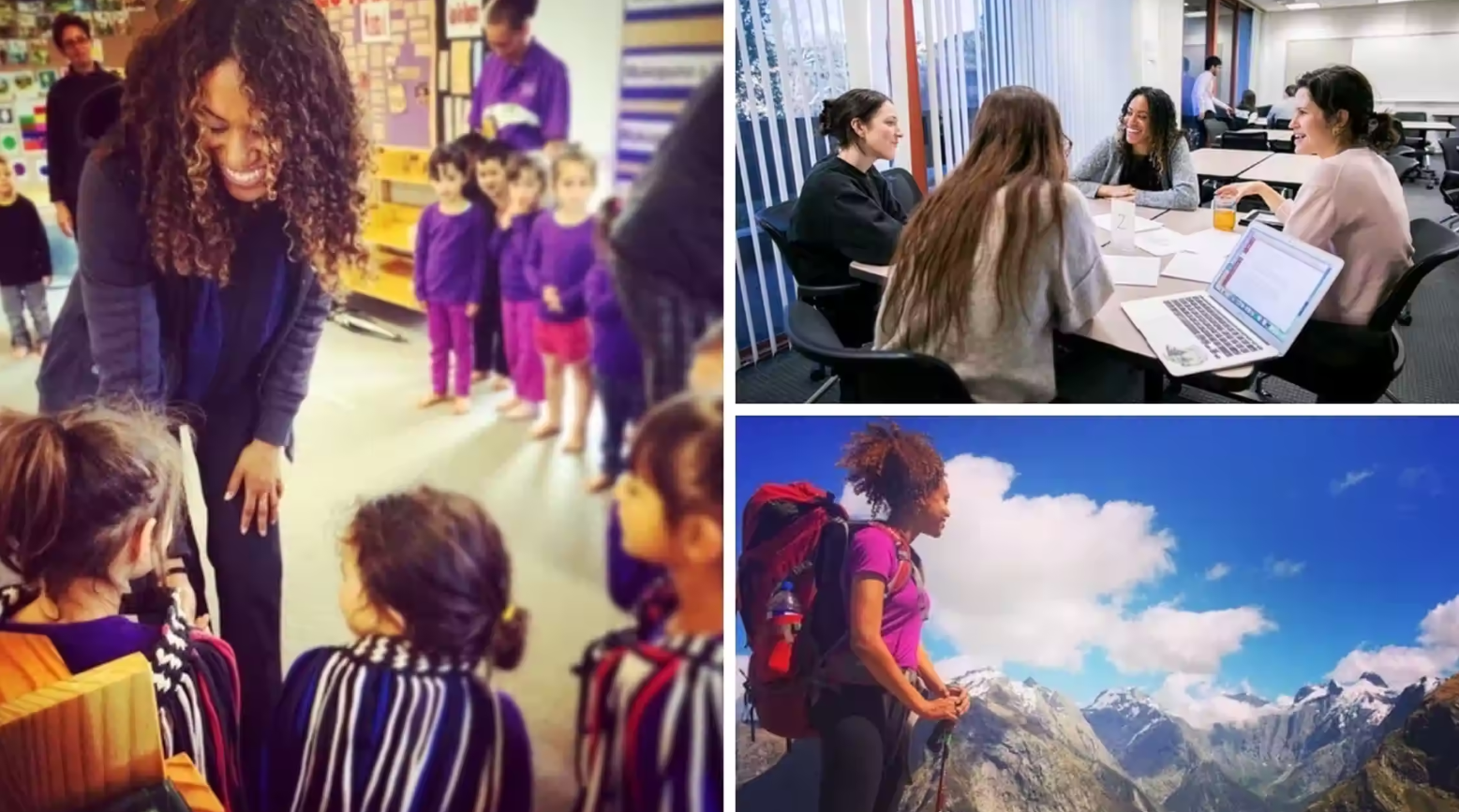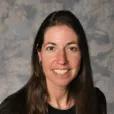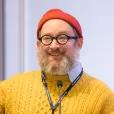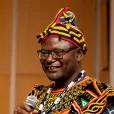Meet Jessica Stovall, an educator from Chicago, Illinois who participated in the Fulbright Distinguished Awards in Teaching Research Program to New Zealand.

Why I applied
I applied for the Fulbright Distinguished Award in Teaching because I no longer wanted to be a part of the status quo. After seven years of teaching, I was witnessing student outcomes that were racially predictable in my school. To interrupt this, I needed the time and space to learn, to challenge my thinking, and to expand my worldview. The Fulbright Distinguished Award in Teaching has been one of the most pivotal experiences in my life thus far.
What I did
I was able to study how New Zealand is approaching education through observing fourteen schools, meeting with leaders, Ministry of Education members, and school officials.
I recognize now that students cannot really be academically successful until they are socioemotionally healthy, and so I prioritize creating a classroom that feels more like whanau, or family. To do this, I had to step away from a teacher-centered classroom and into a student-centered one. I now try to start every classroom by allowing students to share their stories so that they always feel seen. And it has made a remarkable difference.
What changed
People often ask me how I get through the curriculum if I spend so much time doing humanizing pedagogies and restorative practices like storytelling, socioemotional learning, and peace circles. However, I can say that I've actually gotten through more "content" when I've taken the time to do this. This is because students start to lean in to help each other instead of just asking me. They ask questions without worry of eye rolls or ridicule. They start to take ownership of the class, suggesting things that would support their learning more effectively. In short, by focusing on the human, students have the agency to co-construct knowledge acquisition with me, and that is a tremendously powerful thing.



